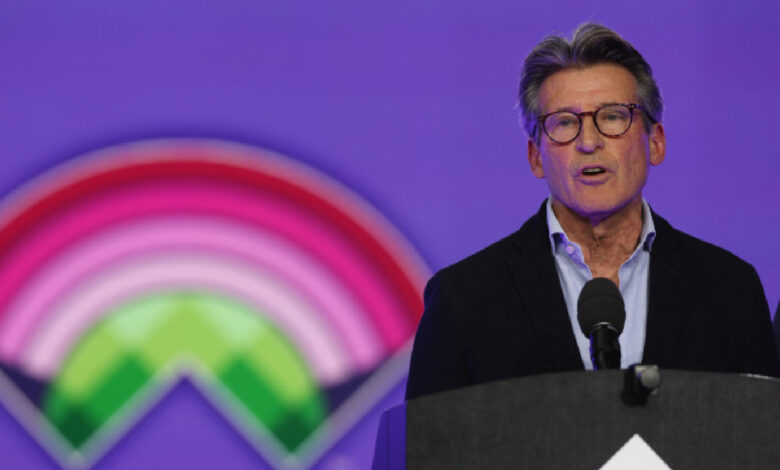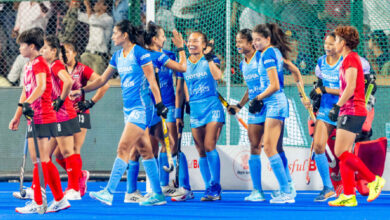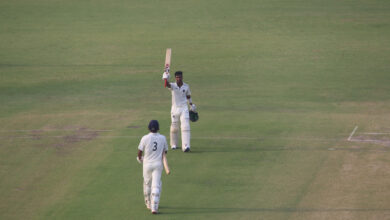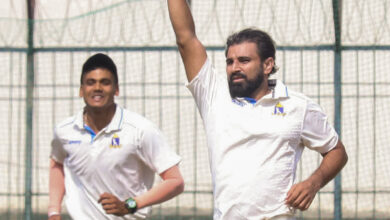Sebastian Coe wants clear-cut transgender policies from IOC: ‘Protecting women’s sport is a non-negotiable for me’ | Sport-others News

Former Olympic champion Sebastian Coe has said the International Olympic Committee needed clear-cut policies to protect women’s sport to avoid controversies such as the one in boxing at this year’s Paris Games.
Coe is one of seven people in the running to become the next president of the International Olympic Committee after Thomas Bach and made it very clear he would push for immediate change in the participation of trans athletes and those with Differences of Sexual Development (DSD) in women’s events, reported Reuters.
Athletics was at the forefront of formulating a policy that largely excluded them, but the IOC failed to follow suit, instead handing the responsibility to individual sports federations. When the IOC took over the running of amateur boxing for the Paris Olympics, however, that lack of clarity was thrust into the spotlight the gold medal success of Algeria’s Imane Khelif and Taiwan’s Lin Yu-ting, who had previously been banned after adverse sex chromosome tests.
“I felt uncomfortable with that,” Coe said. “I think the lesson was that you need clear-cut policies and the present framework is not anywhere near clear enough. For me it’s a non-negotiable. If you do not protect that category (women’s sport), or are in any way ambivalent about it, then it will not end well for women’s sport.”
He soft-launched his bid for the top adminrative post on Wednesday, saying it was a role he feels he has been building towards his whole life and that the organisation is ready for change. The World Athletics president, and a multiple world record holder, Coe won back-to-back Olympic 1,500 metres gold medals and, after a diversion as a Member of Parliament, delivered the hugely successful 2012 London Olympics. He became WA president in 2015, initiating widespread reforms, and has had a long commercial career in sports marketing.
Coe, an IOC member for only four years, has had a somewhat strained relationship with the organisation, despite being the head of its biggest sport. His decisive action on banning Russian and Belarusians from all athletics, initially due to state-sponsored doping and then after the invasion of Ukraine, was at odds with the views of many IOC members. He antagonised others with his decision to award prize money to Olympic champions in Paris this year, without consulting the IOC first.
(With Reuters inputs)







